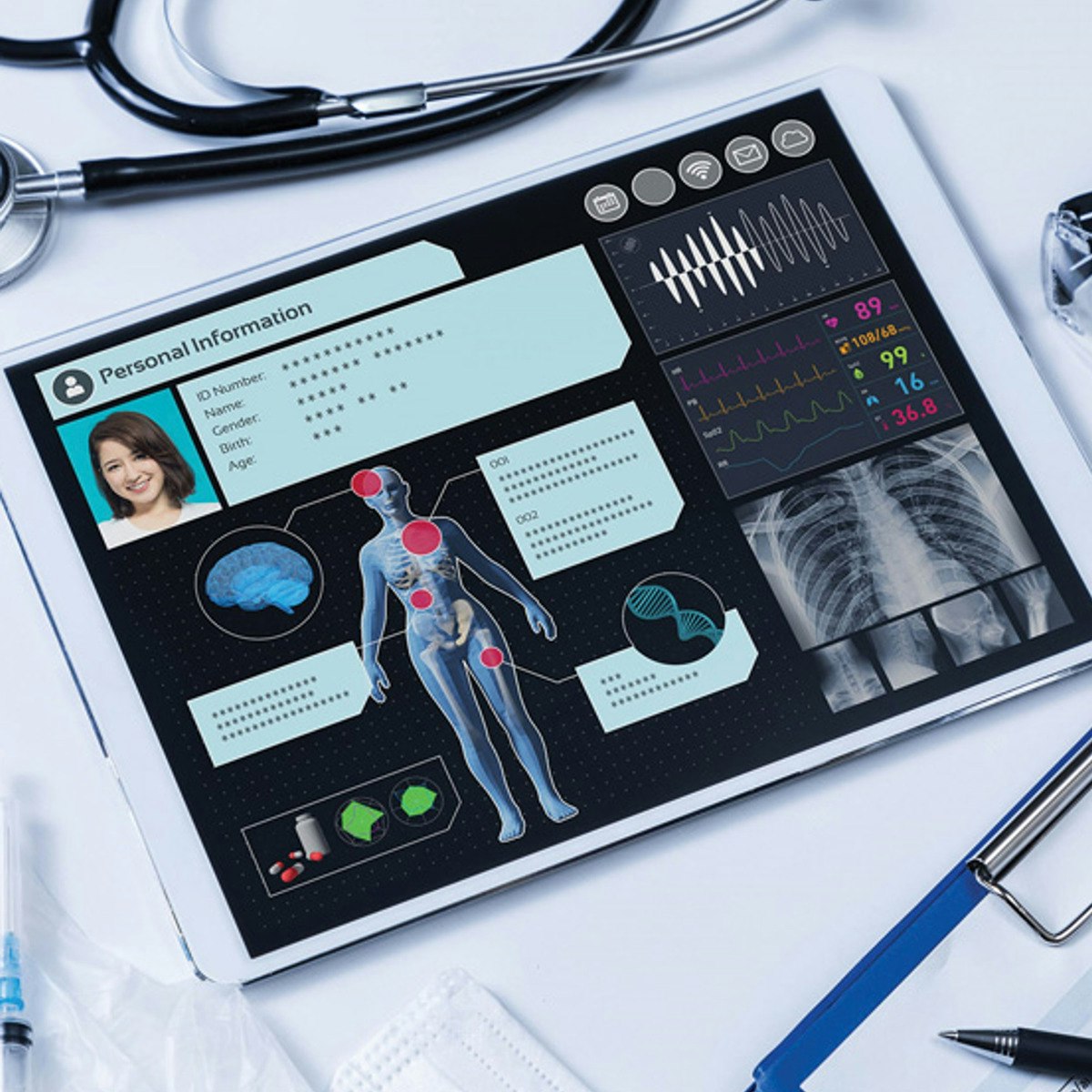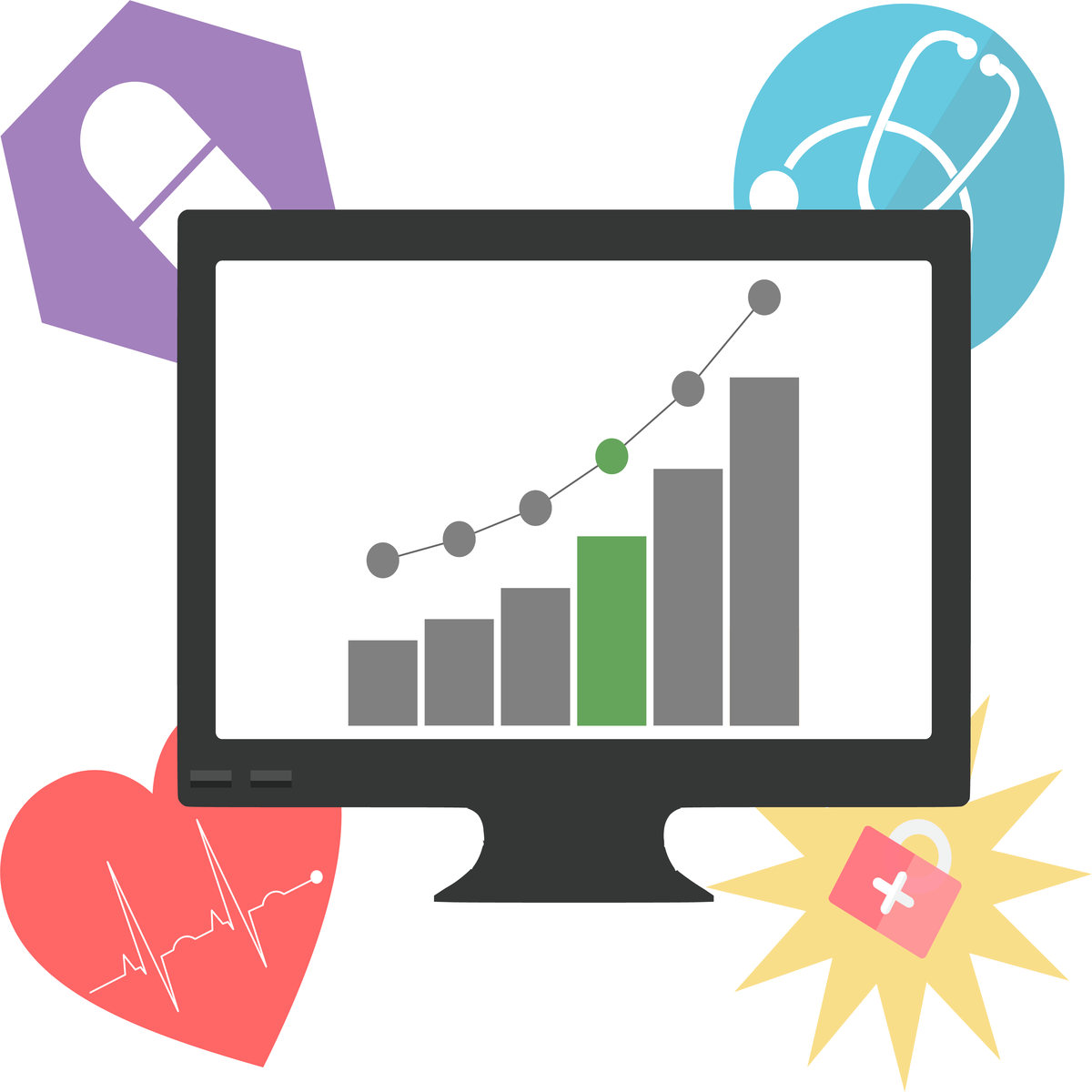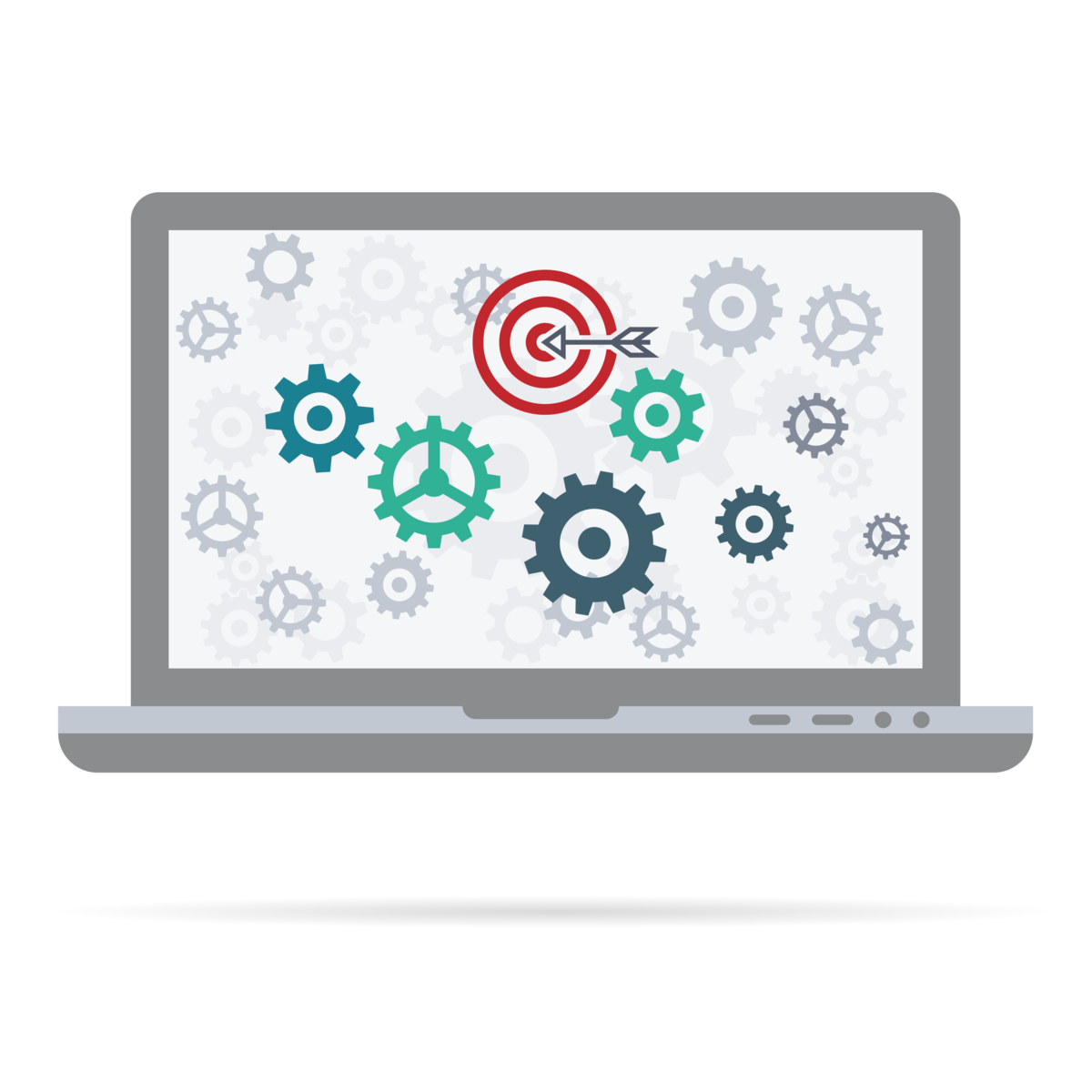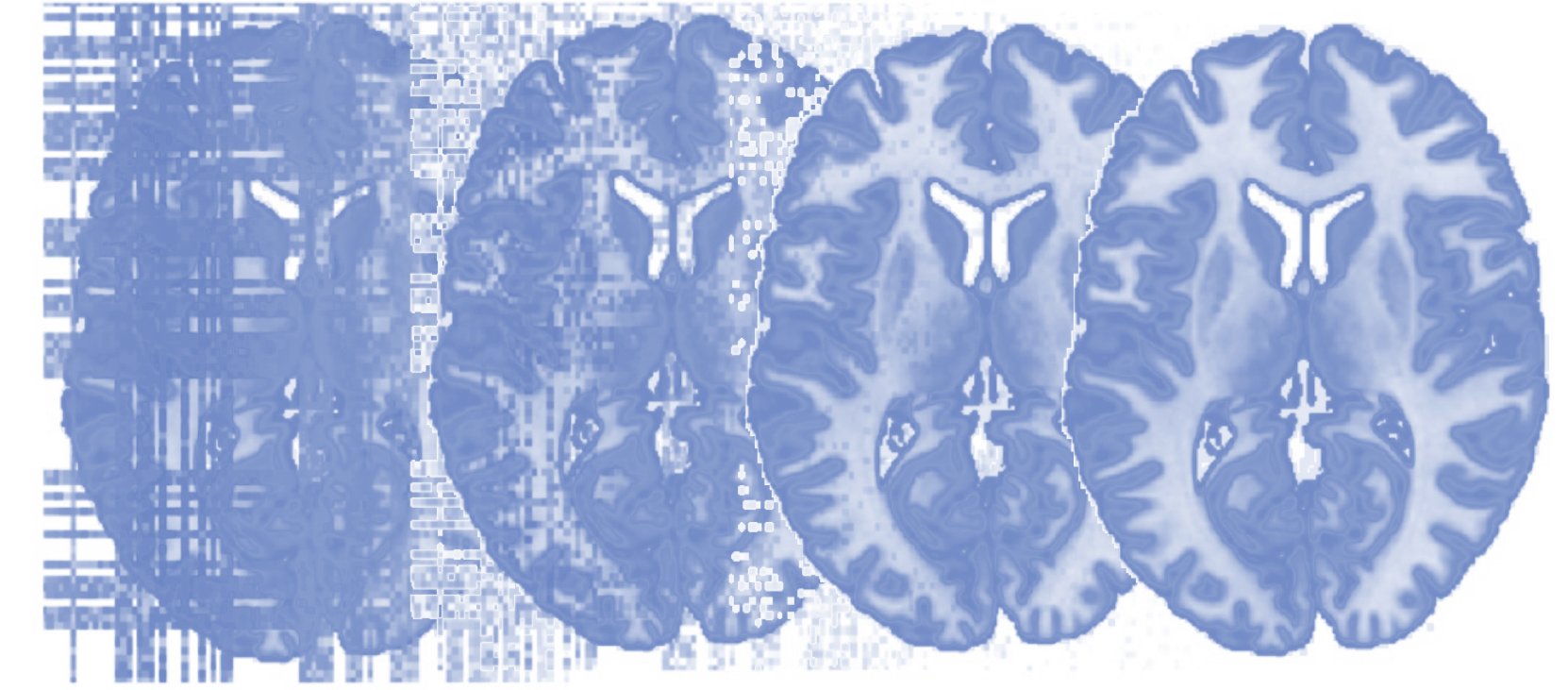Back to Courses









Health Informatics Courses - Page 4
Showing results 31-40 of 93
Capstone Assignment - CDSS 5
This course is a capstone assignment requiring you to apply the knowledge and skill you have learnt throughout the specialization. In this course you will choose one of the areas and complete the assignment to pass.

Healthcare Data Literacy
This course will help lay the foundation of your healthcare data journey and provide you with knowledge and skills necessary to work in the healthcare industry as a data scientist. Healthcare is unique because it is associated with continually evolving and complex processes associated with health management and medical care. We'll learn about the many facets to consider in healthcare and determine the value and growing need for data analysts in healthcare. We'll learn about the Triple Aim and other data-enabled healthcare drivers. We'll cover different concepts and categories of healthcare data and describe how ontologies and related terms such as taxonomy and terminology organize concepts and facilitate computation. We'll discuss the common clinical representations of data in healthcare systems, including ICD-10, SNOMED, LOINC, drug vocabularies (e.g., RxNorm), and clinical data standards. We’ll discuss the various types of healthcare data and assess the complexity that occurs as you work with pulling in all the different types of data to aid in decisions. We will analyze various types and sources of healthcare data, including clinical, operational claims, and patient generated data as well as differentiate unstructured, semi-structured and structured data within health data contexts. We'll examine the inner workings of data and conceptual harmony offer some solutions to the data integration problem by defining some important concepts, methods, and applications that are important to this domain.

Clinical Natural Language Processing
This course teaches you the fundamentals of clinical natural language processing (NLP). In this course you will learn the basic linguistic principals underlying NLP, as well as how to write regular expressions and handle text data in R. You will also learn practical techniques for text processing to be able to extract information from clinical notes. Finally, you will have a chance to put your skills to the test with a real-world practical application where you develop text processing algorithms to identify diabetic complications from clinical notes. You will complete this work using a free, online computational environment for data science hosted by our Industry Partner Google Cloud.

The Critical Role of IT Support Staff in Healthcare
This is a very exciting time to be exploring a career in Health IT Support! In this introductory course, you’ll learn about various roles in IT support that are common in healthcare. IT support staff play critical roles in many different healthcare venues. In addition to helping clinics, hospitals, and emergency rooms, you may end up providing support in a skilled nursing facility, ambulatory surgical center, virtual care setting, or even a patient’s home! On any given day, you may interact with nurses, physicians, pharmacists, physical therapists, social workers, other allied health professionals, patients or caregivers. Each of these individuals rely on IT support specialists to help them maintain a high reliability healthcare organization. As you learn about what makes Health IT unique, we hope you find inspiration in the stories shared by some of our very own IT support staff at Johns Hopkins. They’ll talk to you about the most common problems they help resolve as well as the complexity and range of issues that arise. Whether you dream of being an end-user computer support specialist, working at a healthcare help desk, or rising to an analyst role, we’re thrilled that you are embarking upon this journey. Welcome again!

Computing for Cancer Informatics
One of the key cancer informatics challenges is dealing with and managing the explosion of large data from multiple sources that are often too large to work with on typical personal computers. This course is designed to help researchers and investigators to understand the basics of computing and to familiarize them with various computing options to ultimately help guide their decisions on the topic. This course aims to provide research leaders with awareness and guidance about:
Basic computing terminology
Concepts about how computers and computing systems work
Differences between shared computing resources
Appropriate etiquette for shared computing resources
Computing resources designed for cancer research
Considerations for computing resource decisions
Target audience:
This course is intended for researchers (including postdocs and students) with limited to intermediate experience with informatics research. The conceptual material will also be useful for those in management roles who are collecting data and using informatics pipelines.
Curriculum:
We will provide you with familiarity with fundamental computing terms. We will also discuss relevant concepts about how computers and shared computing resources work. We will explore the differences between various computing resource options, as well as provide guidance on how to make important computing discussions.
This course is part of a series of courses for the Informatics Technology for Cancer Research (ITCR) called the Informatics Technology for Cancer Research Education Resource. This material was created by the ITCR Training Network (ITN) which is a collaborative effort of researchers around the United States to support cancer informatics and data science training through resources, technology, and events. This initiative is funded by the following grant: National Cancer Institute (NCI) UE5 CA254170. Our courses feature tools developed by ITCR Investigators and make it easier for principal investigators, scientists, and analysts to integrate cancer informatics into their workflows. Please see our website at www.itcrtraining.org for more information.
Deep learning in Electronic Health Records - CDSS 2
Overview of the main principles of Deep Learning along with common architectures. Formulate the problem for time-series classification and apply it to vital signals such as ECG. Applying this methods in Electronic Health Records is challenging due to the missing values and the heterogeneity in EHR, which include both continuous, ordinal and categorical variables. Subsequently, explore imputation techniques and different encoding strategies to address these issues. Apply these approaches to formulate clinical prediction benchmarks derived from information available in MIMIC-III database.

Social Determinants of Health: Methodological Opportunities
This fourth of five courses examines the methodological approaches and research tools that inform our understanding of best practices in working with science teams, communities, and with data. The topics of this course include:
1. Community-Based Participatory Research
2. Team Science
3. Community-Level Data
4. Informatics and the Social Determinants of Health: Knowledge Management
5. Data Applications: ANOVA Analysis and Line Graph Visualization

Qualitative Data Analysis with MAXQDA Software
This course will introduce you to MAXQDA software for easier data analysis during the qualitative research process. You'll explore how to do memos, variables, segmentation, coding, and data reduction techniques all in this course!

Principles of fMRI 2
Functional Magnetic Resonance Imaging (fMRI) is the most widely used technique for investigating the living, functioning human brain as people perform tasks and experience mental states. It is a convergence point for multidisciplinary work from many disciplines. Psychologists, statisticians, physicists, computer scientists, neuroscientists, medical researchers, behavioral scientists, engineers, public health researchers, biologists, and others are coming together to advance our understanding of the human mind and brain. This course covers the analysis of Functional Magnetic Resonance Imaging (fMRI) data. It is a continuation of the course “Principles of fMRI, Part 1”.

Skills for Nursing Informatics Leaders
In this first of our five courses, Dr. Karen Monsen introduces the nursing informatics leadership essentials and skills that will guide you through your studies as you apply leadership principles to the nursing informatics specialty.
Course Objectives:
• Describe essentials of nursing informatics leadership to gain a foundation for study in this specialization
• Reflect on your personal nursing informatics leadership goals to establish your plan to advance your nursing informatics leadership journey
• Complete the Minnesota Nursing Informatics Leadership Inventory to increase self-knowledge regarding your leadership skills and how you prefer to use them
• Join a nursing informatics organization or network to increase your nursing informatics collaboration and leadership opportunities
Popular Internships and Jobs by Categories
Find Jobs & Internships
Browse
© 2024 BoostGrad | All rights reserved